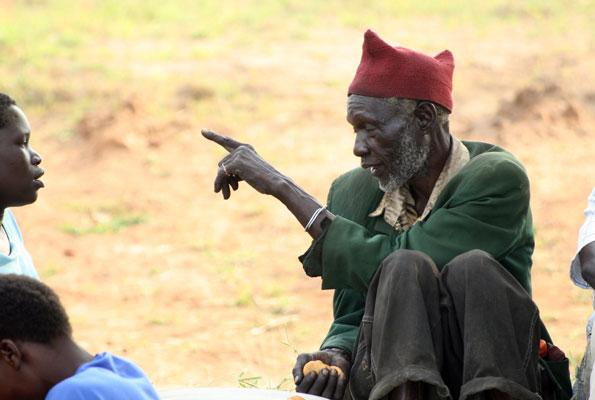A day after the Catholic Church released the official program for the Pope’s visit, Soroti Catholic diocese has selected a team of over 690 Christians who will meet Holy Father next month.
Fr. Lawrence Akepa, the chancellor for the diocese says this is energizing for them to interface with the current Holy Father Pope Francis, 22 years after they hosted the late Pope John Paul II as a diocese in 1993.
He says the selected team comprises 105 priests, 450 youth, 100 VIPs men and women, 21 catechists, 10 teachers , a doctor and a nurse and five married couples.
“There accreditation is underway, they will be given tags according to places they will interface with the Pope,” he explained.
Fr Akepa adds that the third coming of the Pope to Uganda is God’s plan to reach out to the land of the 22 martyrs.
He has asked Christians to dedicate this time to God through prayer and fasting as the country prepares to receive Pope Francis.
According to the the Apostolic Nuncio to Uganda Micheal Blume, Pope Francis will arrive at Entebbe International Airport where he will be welcomed on 27th November at 4:50pm and leave on November 29th 2015.
Archbishop Blume says the pontiff who flies in from Kenya will spend 40 minutes at the airport and head for a half-hour meeting with President Museveni at the nearby Entebbe State House.
The Vatican confirmed earlier that on his first trip to Africa, Pope Francis will meet slum dwellers and refugees and call for dialogue between Christians and Muslims when he visits Kenya, Uganda and Central African Republic next month.
Since his election as the first Latin American pope, Francis has met the most needy on each of his 10 foreign tours.
In Uganda, the Pope is scheduled to visit a home for the disabled in Nalukolongo, Lubaga, Munyonyo and Namugongo martyrs’ shrine before meeting the youth at Kololo airstrip.
The Holy Father’s last stop is Bangui, the capital of the Central African Republic for a meeting with Muslim leaders in the Koud-oukou mosque.
Violence surged in Bangui in September after the murder of a Muslim man, and 77 people were killed.
Much of the violence in the capital has been driven by a militia known as anti-balaka, which is largely Christian, and a mainly Muslim group called the Seleka.
Thousands have died and hundreds of thousands have been internally displaced since the Seleka briefly seized power in the majority Christian country in 2013.
Story By Herbert Zziwa & Joseph Onyango









